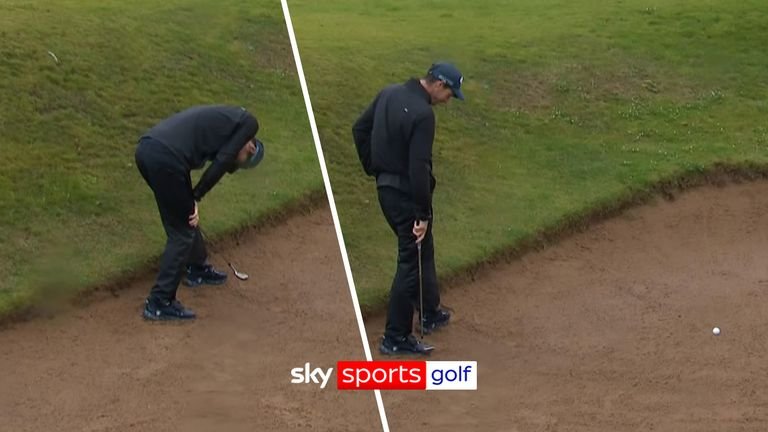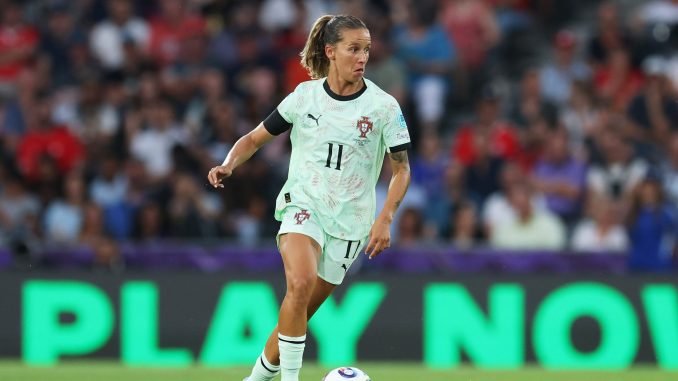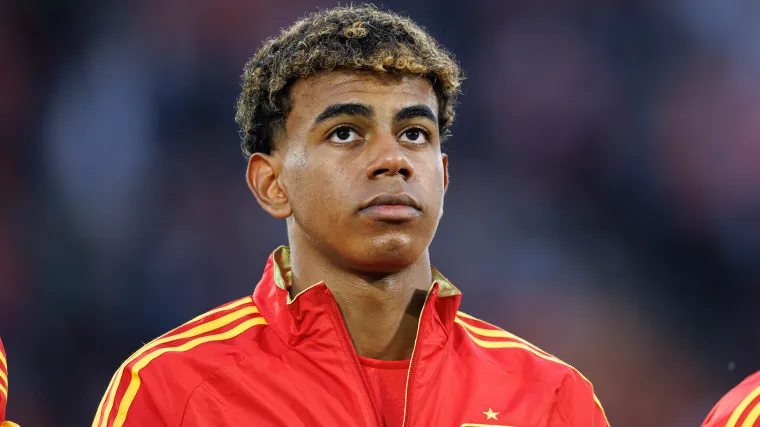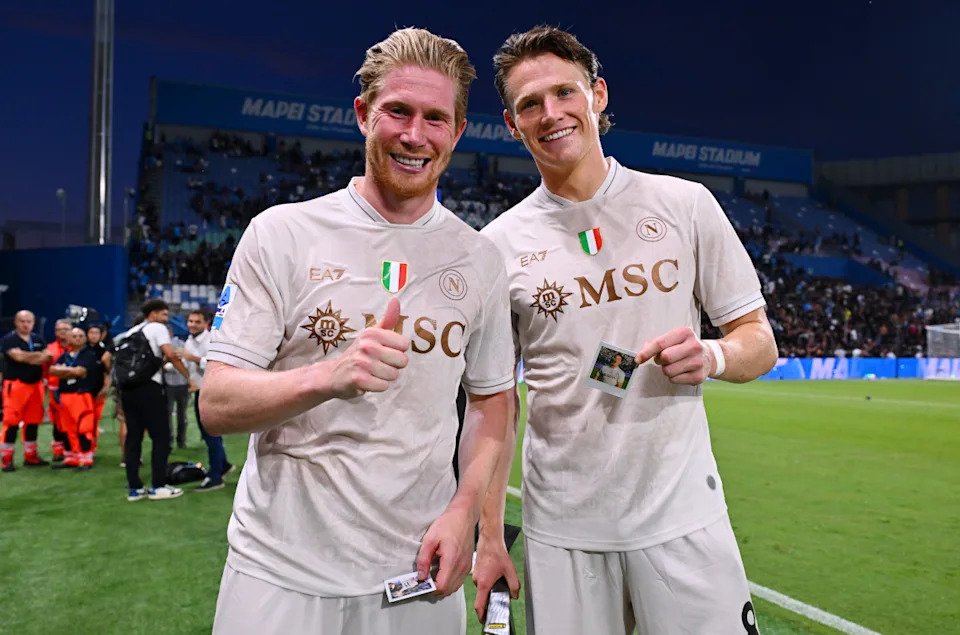Plans to hold a league match between Villarreal and Barcelona in Miami in December represent a “betrayal” of the Spanish clubs’ local communities, a key figure in the European Union has said.
Glenn Micallef — the EU commissioner for intergenerational fairness, youth, culture and sport — also called for discussions with representatives across the game to tackle this and several other controversial topics in football.
“My position is clear: European competitions should be played in Europe,” Maltese national Micallef said, speaking exclusively with The Athletic at the European Commission’s offices in Barcelona.
“Playing domestic league matches outside of Europe is a betrayal of the local communities and fans to whom these clubs owe most of their successes. To our citizens, it is more than just a competition, it’s about community, friendship, family.”
No European regular-season game has ever been staged abroad. In this case it would require a green light from each domestic federation involved — the Spanish Football Federation (RFEF) and the United States Soccer Federation (USSF) — alongside each of the relevant continental-wide confederations, UEFA and CONCACAF.
In September, UEFA’s executive committee announced it would “consult with stakeholders” before deciding whether to initiate procedures for FIFA to grant authorisation for such fixture changes.
This came after the Spanish FA approved a request for the La Liga fixture between Villarreal and Barcelona to be played at Miami’s Hard Rock Stadium, and passed on that request to UEFA. U.S. Soccer is unlikely to stand in the way of the match taking place. The ‘home’ game for Villarreal is currently due to take place over the weekend of December 20-21. Italy’s Serie A is also hopeful of playing February’s meeting between Milan and Como in Perth, Australia.

Barcelona and Villarreal want to play a game in Miami (Manaure Quintero/AFP via Getty Images)
Micallef accepted that leagues and clubs were looking to raise revenue from new markets, but believes that addressing issues such as the overcrowded match calendar and ever-increasing agents fees would be better issues to address to make European football more sustainable.
“Taking these competitions outside Europe is a symptom of much wider issues around sustainability in football,” said Micallef.
“An overloaded match calendar, with new competitions competing also with national leagues, means revenues in the ecosystem have to be stretched even further. Unregulated professions in sport have a lot of inflationary effects. Dynamic pricing is another case where fans get the short end of the stick. There should be an honest discussion around the wider root causes of these issues, rather than looking at taking domestic games outside of Europe.”
In order for those discussions to take place, Micallef said he plans to bring together figures from European leagues, clubs, national federations, players’ unions and supporters’ groups in an organised forum next year.
“Within our model of sport in Europe, these are decisions for the sporting movement to take, but at the same time we have a duty to speak about issues so important for our citizens and our local communities,” he said.
“The way these decisions around playing sporting competitions were taken without consultation with stakeholders, such as athletes representatives or fans groups, exposes how weak the governance system within sport remains. For the football sector, this is the first real test after the Super League case.”
United Nations experts last week called on FIFA and UEFA to suspend the Israel FA, while human rights group Amnesty International has also asked the bodies to suspend Israeli teams from tournaments.
“These decisions are clearly for the sporting bodies to take,” Micallef said.
“But I think the sporting movement has a duty not to look away, in the face of breaches and violations of human rights, and when there is human suffering and injustice taking place around us.
“Aggressors using sport as a tool for propaganda should never be allowed. The sporting movement has always stood up and taken firm positions on this. It happened with South Africa when there was apartheid, it happened with Russia after the unprovoked and illegal war in Ukraine. I think the sporting movement has a duty to continue to promote common values that we share.”
(Top photo: Martin Bertrand / Hans Lucas/AFP via Getty Images)







